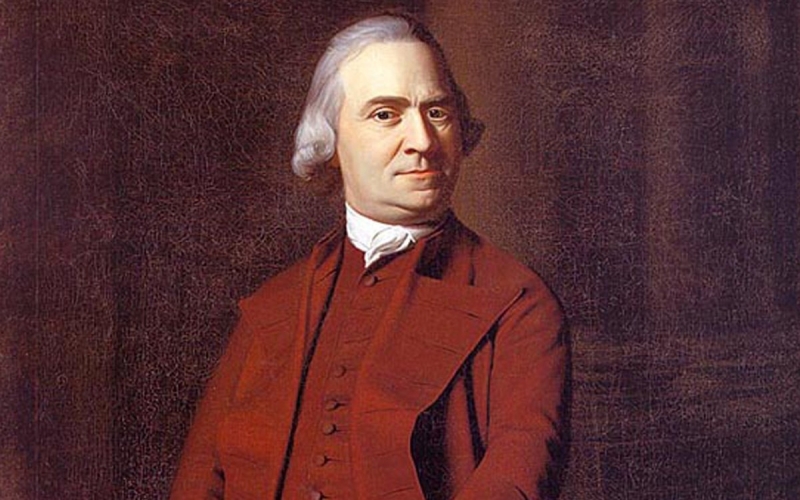Introduction:
The American Revolution was fueled by the passion and determination of various influential figures, each contributing to the fight for independence in unique ways. Among these patriots were Samuel Adams and Patrick Henry, two stalwarts whose fervent speeches and unwavering commitment played pivotal roles in shaping the course of American history. In this article, we will delve into the backgrounds of Samuel Adams and Patrick Henry, highlighting their differences and similarities that molded them into distinct yet formidable champions of liberty.
Early Life of Samuel Adams: Samuel Adams, born on September 27, 1722, in Boston, Massachusetts, hailed from a family deeply ingrained in politics and public service. His father, Samuel Adams Sr., was a successful brewer and politician, serving as a deacon and selectman. Samuel Adams received a formal education at Harvard College, where he studied and developed a keen interest in political philosophy.
Political Beginnings: Samuel Adams entered the political arena as a tax collector but found his true calling as a political agitator. His involvement in local politics, including the Sons of Liberty, marked the beginning of his fervent advocacy for colonial rights and resistance against British taxation. Adams became a skilled propagandist, using his influence to shape public opinion through writings and speeches.
Early Life of Patrick Henry: Patrick Henry, born on May 29, 1736, in Hanover County, Virginia, emerged from a starkly different background than Adams. His father, John Henry, was a Scottish immigrant and a relatively modest planter. Patrick received minimal formal education, and his early years were marked by struggles with various business ventures, including a stint as a farmer and storekeeper.
Entry into Law and Politics: Patrick Henry’s life took a turn when he pursued a legal career despite lacking formal training. His remarkable oratory skills quickly propelled him into the forefront of Virginia politics. Henry’s first notable appearance was in the Parson’s Cause case, where he eloquently argued against the Crown’s interference in colonial affairs, foreshadowing his future role as a champion of American liberties.
Influence of Religion: While both Adams and Henry were influenced by their religious backgrounds, their perspectives differed. Samuel Adams was raised in a devout Puritan household, and his faith informed his moral and ethical views. In contrast, Patrick Henry’s religious beliefs evolved over time, and he was not as overtly religious as some of his contemporaries. Despite these differences, both men drew upon religious rhetoric to rally support for the cause of independence.
Roles in Revolutionary Movements: Samuel Adams played a key role in organizing and fomenting the revolutionary spirit in Boston. He was instrumental in events such as the Boston Tea Party and the Continental Congress, where he pushed for a united front against British tyranny. Patrick Henry, on the other hand, rose to prominence through his speeches in the Virginia House of Burgesses and the Continental Congress, vehemently advocating for colonial rights and independence.
Famous Speeches: Samuel Adams and Patrick Henry are both celebrated for their powerful speeches. Adams was known for his articulate and persuasive writings, rallying support through mediums such as newspapers and pamphlets. Patrick Henry’s most famous speech, “Give me liberty, or give me death!” delivered in 1775, is a testament to his impassioned oratory, urging fellow colonists to embrace the cause of liberty even at the cost of their lives.
Legacy and Impact: Samuel Adams and Patrick Henry left indelible marks on American history. Adams’ legacy is associated with his organizational skills, political maneuvering, and role in drafting the Articles of Confederation. Patrick Henry’s impact extends to his contributions to the Virginia Constitution, his advocacy for individual liberties, and his influence on the Bill of Rights.
Conclusion: Distinct Paths, Shared Commitment: While Samuel Adams and Patrick Henry emerged from different backgrounds and took distinct paths to prominence, their shared commitment to the cause of American independence unites them in the annals of history. Adams, with his astute political acumen, and Henry, with his fiery oratory, played vital roles in shaping the narrative of liberty and resistance against British oppression, leaving an enduring legacy that echoes through the founding ideals of the United States.


